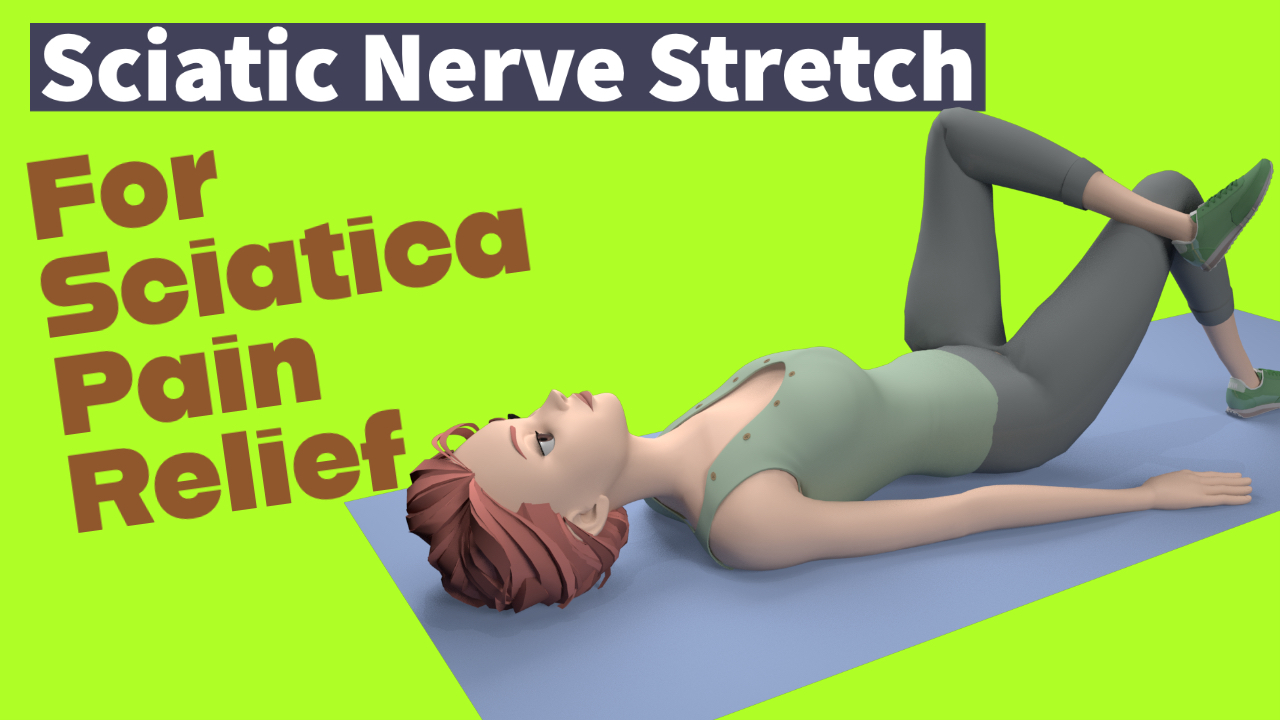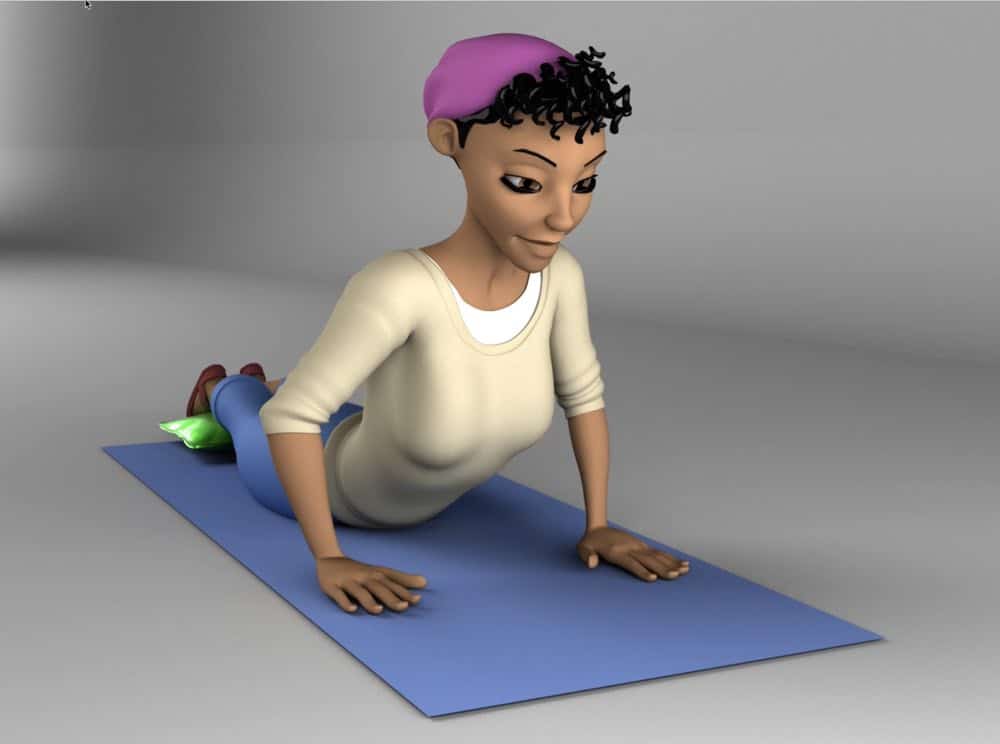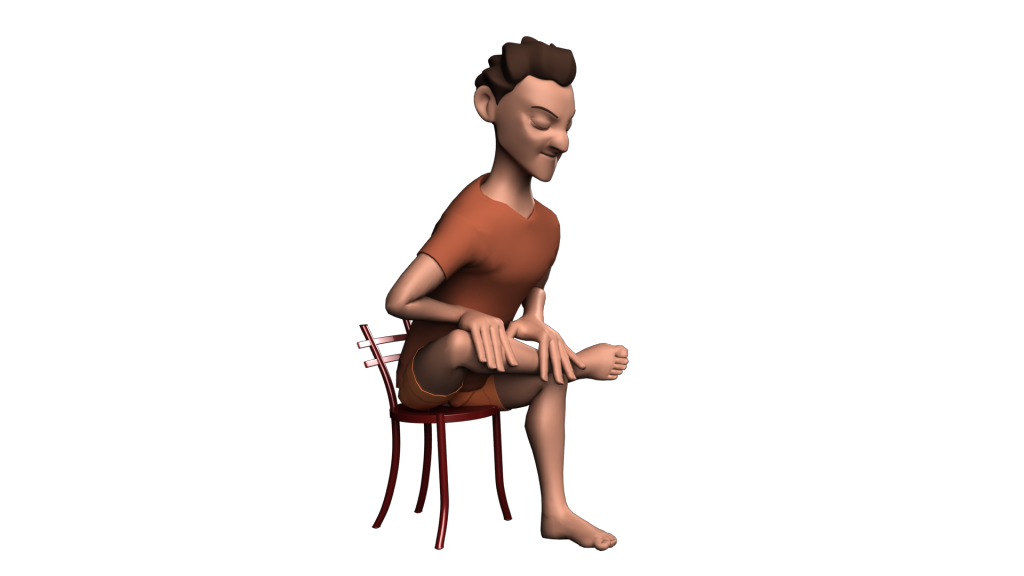Sciatica and weight gain are two health issues that can have a significant impact on your quality of life.
Sciatica is a type of back pain caused by pressure on the sciatic nerve, which runs from the lower back down through the hips and legs.
Weight gain can lead to a variety of health problems, including joint pain and mobility issues. If you’re dealing with both sciatica and weight gain, it’s important to take steps to manage these issues and improve your overall well-being.
Here are some tips for coping with sciatica and weight gain.
Understanding Sciatica
Before we dive into ways to cope with sciatica and weight gain, let’s take a closer look at what sciatica is and how it can impact your life. Sciatica is a type of pain that radiates along the sciatic nerve, which runs from the lower back down through the hips and legs. This pain can range from mild to severe and may feel like a sharp, shooting pain or a dull ache.
Sciatica can be caused by a variety of factors, including a herniated disc, spinal stenosis, or degenerative disc disease.
Certain lifestyle factors, such as being overweight or not getting enough exercise, can also contribute to sciatica.
Managing Sciatica
If you’re dealing with sciatica, there are several things you can do to manage your symptoms and improve your overall well-being. Here are some tips to consider:
- Exercise regularly: Regular exercise can help improve your overall health and reduce your risk of sciatica. Focus on low-impact exercises, such as swimming, walking, or yoga, to avoid putting too much pressure on your spine.
- Maintain good posture: Poor posture can put extra pressure on your spine and exacerbate sciatica symptoms. Make sure to sit and stand up straight and avoid slouching.
- Apply heat or cold: Applying heat or cold to the affected area can help reduce inflammation and relieve pain. Try using a heating pad or an ice pack for 15-20 minutes at a time.
- Take over-the-counter pain medication: Over-the-counter pain medication, such as Ibuprofen or acetaminophen, can help relieve sciatica pain. However, make sure to follow the recommended dosage and talk to your doctor before taking any new medications.
- Consider physical therapy: A physical therapist can work with you to develop a customized exercise plan that can help improve your strength and flexibility and reduce your sciatica symptoms.
Coping with Weight Gain
Weight gain can be a challenging issue to deal with, but there are several things you can do to manage your weight and improve your overall health. Here are some tips to consider:
- Eat a healthy diet: Eating a well-balanced diet can help you maintain a healthy weight and reduce your risk of health problems. Focus on eating plenty of fruits, vegetables, lean protein, and whole grains.
- Exercise regularly: Regular exercise can help you burn calories and maintain a healthy weight. Aim for at least 30 minutes of moderate-intensity exercise most days of the week.
- Get enough sleep: Getting enough sleep is important for maintaining a healthy weight. Aim for 7-8 hours of sleep each night.
- Manage stress: Stress can lead to overeating and weight gain. Try to find healthy ways to manage your stress, such as meditation, yoga, or deep breathing.
Coping with Sciatica and Weight Gain
Coping with both sciatica and weight gain can be challenging, but there are several things you can do to manage these issues and improve your overall well-being. Here are some tips to consider:
- Work with your doctor: Talk to your doctor about your symptoms and work together to develop a treatment plan that addresses both your sciatica and weight management needs.
- Focus on low-impact exercises: Low-impact exercises, such as swimming, walking, or yoga, are a great way to improve your overall health and reduce your sciatica symptoms without putting too much pressure on your spine.
- Eat a healthy diet: Eating a well-balanced diet can help you manage your weight and reduce inflammation, which can exacerbate sciatica symptoms.
- Consider physical therapy: A physical therapist can work with you to develop an exercise plan that can help improve your strength and flexibility, reduce your sciatica symptoms, and manage your weight.
- Practice good posture: Maintaining good posture can help reduce pressure on your spine and alleviate sciatica symptoms.
In conclusion, coping with sciatica and weight gain can be challenging, but there are several things you can do to manage these issues and improve your overall well-being. By following these tips, you can reduce your sciatica symptoms, manage your weight, and improve your overall health and quality of life.




